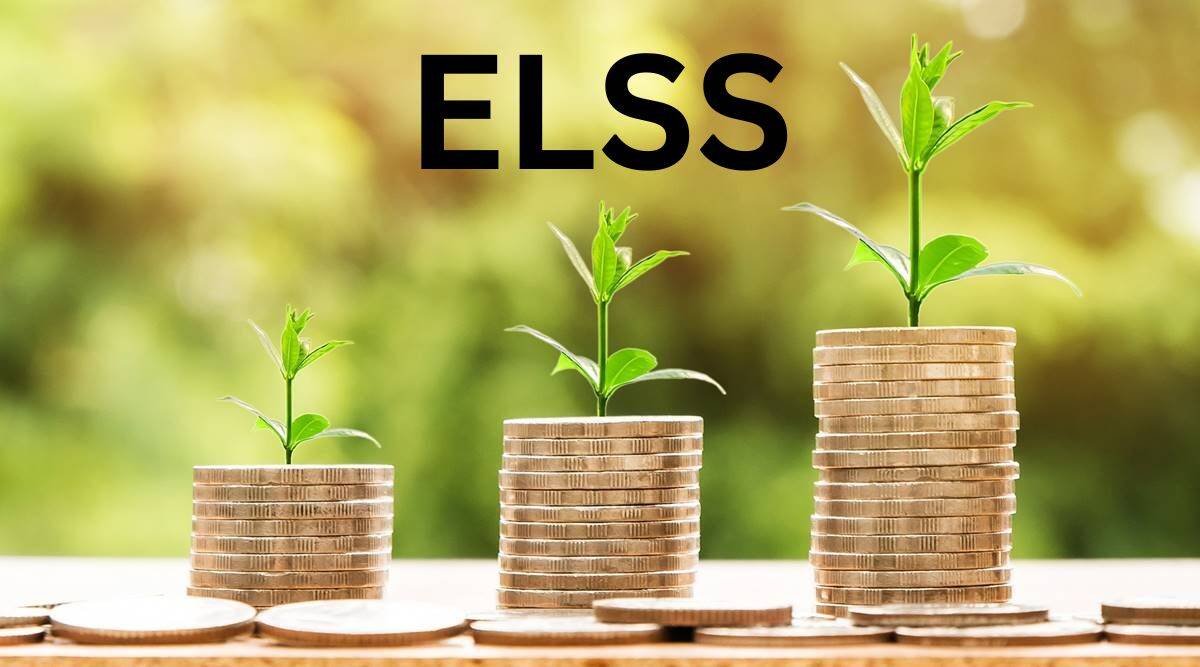How much tax will I save if I invest in ELSS funds?
Every investment should have a reasonable goal. It helps you make the right choice when it comes to choosing an investment option. Some investments, though, could have more than one goal. For instance, many investors try to save taxes through investments.
Although there are a handful of tax-saving investment options, finding an equity-related tax-saving option could be demanding work. That is where the Equity Linked Savings Scheme (ELSS) comes in. Let us learn more about ELSS funds and see how much tax you can save by investing in ELSS.
What is an ELSS fund?
ELSS funds, also known as Equity Linked Savings Schemes, are mutual funds that offer investors the opportunity to save on their taxes. These funds invest in a portfolio of equity stocks and aim to give better capital growth over a long-term period.
ELSS are handled by seasoned fund managers who use their expertise to select the most promising equity stocks for the fund. They aim to balance growth and income, providing investors with a steady stream of returns.
What are ELSS’ tax benefits?
One of the most important benefits of investing in ELSS funds is that they are eligible for tax rebate under section 80C of the Income Tax Act. This means that you can save on your taxes by investing in ELSS funds.
Additionally, ELSS funds have a three-year lock-in period, meaning you must hold your investments for at least three years before you can redeem them. This means your returns from ELSS will be subject to long-term capital gains, which are lower than short-term capital gains.
How much tax can you save with ELSS?
The tax you can save by investing in ELSS funds depends on several factors, including your tax bracket and the amount you invest. For example, if you are in the highest tax bracket and invest the maximum amount of Rs 1.5 lakh in ELSS funds, you can save up to Rs 45,000 in taxes. This is because the maximum tax deduction under section 80C is Rs 1.5 lakh.
Additionally, there are benefits of long-term capital gains (LTCG). LTCG for equity funds investments is only 10%. This is compared to 15% of STCG. Since ELSS has a three-year lock-in period, this can also help you save on tax.
For instance, if your gain from ELSS is Rs 2 lakh, under LTCG, you will be taxed Rs 20,000. However, if it were STCG, the tax would be Rs. 30,000.
One critical benefit here is that returns up to Rs.1 lakh are exempt from tax under LTCG.
Conclusion
While investing in ELSS funds can provide the opportunity to save on taxes, it is important to remember that the value of investments can fluctuate. This means that there is always a risk of losing money when investing in ELSS funds or any other type of investment. Hence, you should consider your financial goals and risk tolerance before making investment decisions.








